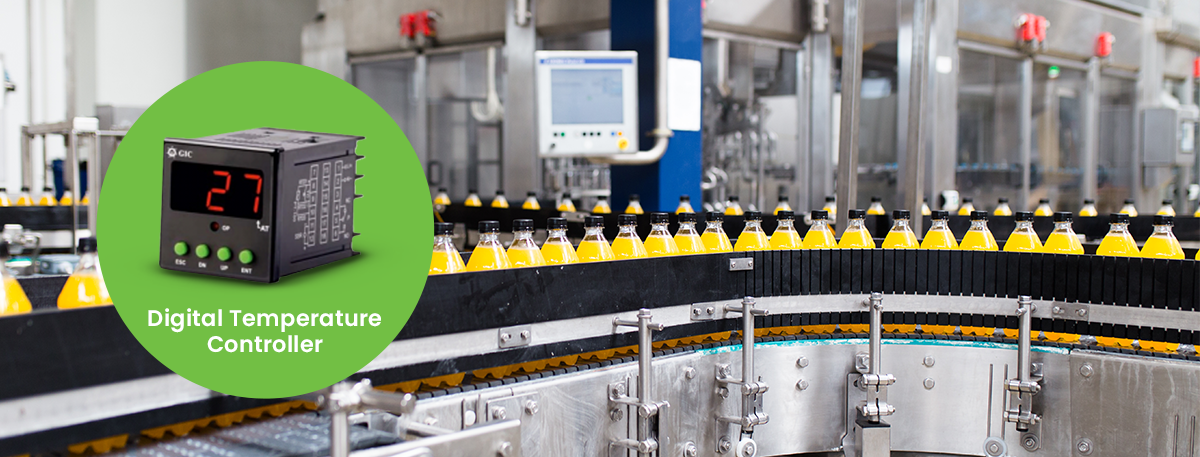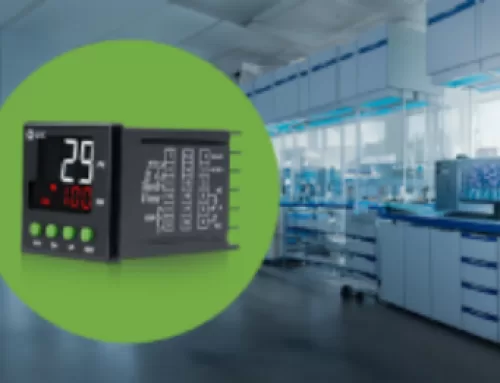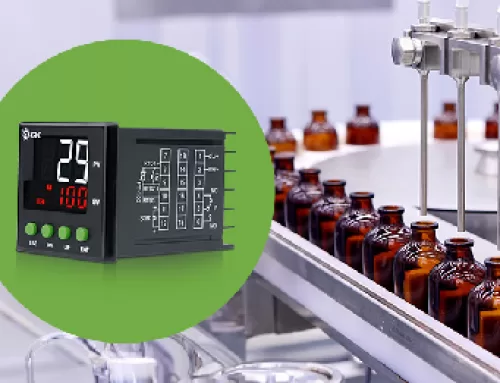
Mastering the Heat with GIC’s Digital Temperature Controllers
Introduction:
Maintaining precise temperature control is crucial for countless industrial processes. From food and beverage production to chemical manufacturing and metalworking, even slight temperature fluctuations can disrupt quality, efficiency, and ultimately, profitability. This is where GIC’s digital temperature controllers step in, offering a world of advantages over traditional methods.
Understanding Digital Temperature Controllers:
Digital temperature controllers are electronic devices that precisely monitor and regulate temperature within a system. They consist of sensors that measure temperature, a microprocessor that analyzes the data, and control outputs that activate heating or cooling elements to maintain the desired setpoint. Compared to their analog counterparts, digital controllers offer superior accuracy, programmability, and data logging capabilities.
The Role They Play in Various Industrial Processes:
- Food and Beverage Production: Precise temperature control ensures food safety, consistency in taste and texture, and optimal product shelf life. Digital controllers can manage pasteurization, fermentation, baking, and cooling processes with unmatched precision.
- Chemical Manufacturing: Many chemical reactions require specific temperature ranges to be successful. Digital controllers prevent overheating, which can lead to hazardous byproducts, and maintain optimal conditions for efficient and consistent chemical production.
- Pharmaceutical Manufacturing: The production of pharmaceuticals necessitates meticulous temperature control to guarantee product quality and efficacy. Digital controllers ensure the safety and potency of medication by maintaining precise temperatures throughout various stages of production.
- Metalworking: Heating and cooling metals during processes like forging, welding, and heat treatment requires strict temperature control to achieve desired material properties. Digital controllers prevent defects and ensure the structural integrity of metal components
- Plastics Processing: Precise temperature control is vital for shaping and forming plastics. Digital controllers help regulate the melting, molding, and cooling processes, ensuring consistent product quality and preventing material degradation.
Advanced Features of Digital Temperature Controllers:
Beyond basic temperature control, modern digital controllers boast a range of advanced features that further enhance their functionality:
- Multi-Zone Control:: Some controllers can manage multiple heating and cooling zones within a single system, allowing for complex processes with varying temperature requirements.
- Alarm Systems: Digital controllers can be programmed to trigger alarms if temperatures deviate from setpoints, preventing potential product spoilage or safety hazards.
- Data Logging and Communication:: Many controllers can record temperature data over time, allowing for process analysis and optimization. Additionally, some models can communicate with plant-wide monitoring systems for centralized control.
Conclusion:
GIC’s Digital temperature controllers offer a powerful and versatile solution for industrial temperature control. Their accuracy, programmability, and data logging capabilities enhance process efficiency, product quality, and safety across diverse industries. By adopting digital temperature control technology, manufacturers can optimize their operations, minimize waste, and ultimately, gain a competitive edge.


